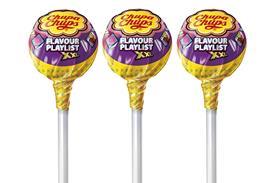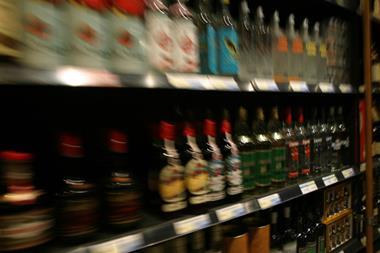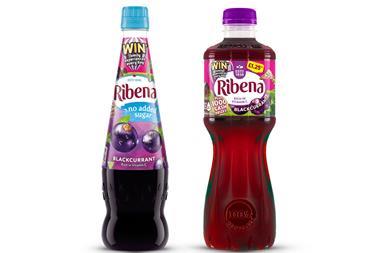The way alcohol is retailed in England and Wales is set for a major shake up after the government announced plans to introduce minimum pricing, restrict the number of alcohol retailers in high crime areas, and consult on a ban on multi-buy promotions.
As part of its new Alcohol Strategy, the government is looking at setting a base price of 40p per unit of alcohol, a move which prime minister David Cameron claimed would lead to a reduction of “50,000 crimes each year and 900 fewer alcohol related deaths per year, by the end of the decade”.
It would significantly alter the price of heavily-discounted ciders, super-strength lager and cheap spirits.
“Binge drinking isn’t some fringe issue, it accounts for half of all alcohol consumed in this country,” Cameron said. “The crime and violence it causes drains resources in our hospitals, generates mayhem on our streets and spreads fear in our communities. My message is simple. We can’t go on like this. We have to tackle the scourge of violence caused by binge drinking. And we have to do it now,” he added.
The government also plans to consult on the introduction of a ban on multi-buy promotions, a move which the Association of Convenience Stores (ACS) claims could backfire.
ACS chief executive James Lowman said: “We have seen in Scotland that restricting promotions actually tends to make alcohol cheaper, as big stores reduce the price of individual units to maintain the same promotional price. There is no evidence that this measure will work, and it would remove some of the tools used by our members to give customers value and to compete with the superstores.”
The Alcohol Strategy also proposes to limit the number of shops selling alcohol in high crime areas. Cumulative Impact Zones, which include both on and off trade premises, will be made easier for local authorities to set up, while restrictions on opening hours, and staggered closing could also be introduced.
“There is evidence of a link between the number of venues selling alcohol in one area and levels of harm, whether this is crime, damage to health, or harm to young people,” Cameron continued. “We therefore believe local communities should be able to limit the density of premises where this is contributing to the major types of harm.”
The news came just days after the government announced a 2% rise in alcohol duty rates in the Budget.
However, in a move which has been welcomed by retailers, Cameron also announced that the government would be launching a consultation on measures to prevent alcohol duty fraud and protect retailers from buying from criminal distributors.



















![PLAUK0125 Jacobs The Trussell Trust Portrait[53]](https://d2dyh47stel7w4.cloudfront.net/Pictures/380x253/6/4/1/322641_plauk0125jacobsthetrusselltrustportrait53_125111_crop.jpg)

1 Readers' comment